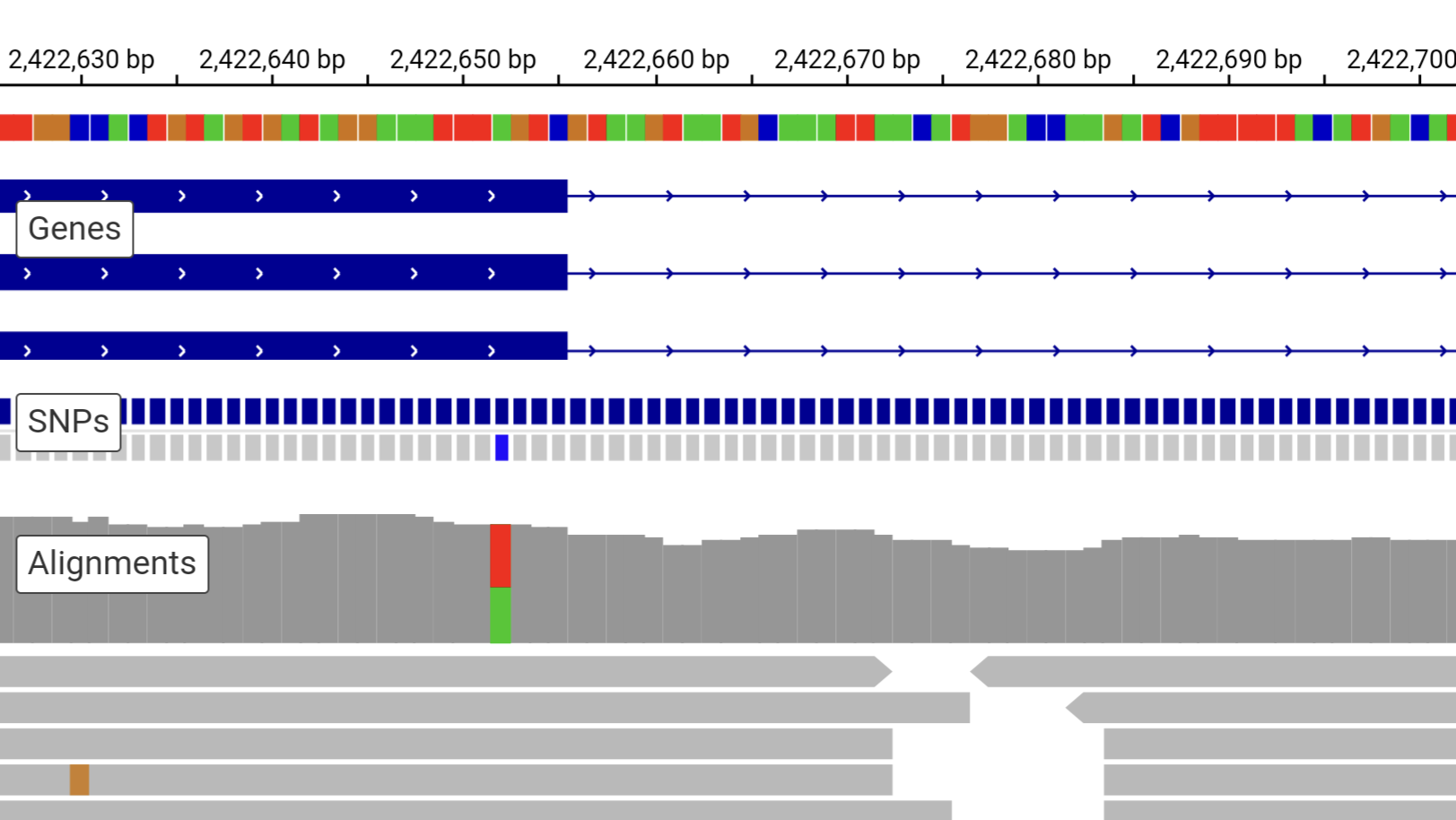April 2024 update:
Currently, MalariaGEN data are stored in Google Cloud Storage (GCS) buckets which are publicly accessible, meaning that data can be retrieved anonymously. This has minimised the technical hurdles that users have to navigate before they can start analysing data, making it very convenient for all parties.
However, we need to change the way the data storage is configured, to require users to authenticate prior to accessing data. Find out more about the changes.
Request data access
Everyone who wants to access these data will still be able to, but users will no longer be able to access data anonymously.
Our approach to data-sharing is governed by two simple principles:
- Data-sharing must be equitable and appropriate, and
- Data users must acknowledge the work of contributing researchers by citing the data source.
These principles are applied in different ways for different data releases because the definition of “equitable” and “appropriate” can vary. They depend on the community of researchers involved, the scientific objectives of the project for which the data was generated, and the nature of the data. For example, human data is subjected to different restrictions than parasite data.
MalariaGEN data resources – amounting to more than 130 terabytes to date – have been generated in collaboration with independent researchers in malaria-endemic countries through a number of distinct projects with varied scientific and translational objectives.
In order to maximise the benefit of these data resources to the scientific community, many of our projects make data available online before their own analyses and publications. While some resources are made available open access, typically data are released under specific Terms of Use or data release policies in an effort to strike a balance between facilitating access and ensuring that the science and underlying partnerships are sustainable.
The relevant Terms of Use or data release policy will clearly state any restrictions on data usage, outline acceptable data use, and provide guidance on how to cite the data source.
All data users are expected to respect the contributions of their scientific colleagues by abiding by the relevant terms of use, where applicable, and always providing appropriate acknowledgement.
Terms of Use
Terms of Use for specific projects
Human GWAS data
These terms of use apply to:
- Gambia Case-Control Study
- Gambia, Ghana, and Malawi Trios
- Genome-wide study of resistance to severe malaria in eleven populations (version 1)
- Genome-wide study of resistance to severe malaria in eleven populations (version 2)
- Imputation-based meta-analysis of severe malaria
- Whole genome sequencing of six ethnic groups from Burkina Faso, Cameroon, and Tanzania
Ag1000G Terms of Use
These terms of use apply to:
- Ag3.0 (Ag1000G phase 3) CNV data release
- Ag3.0 (Ag1000G phase 3) haplotypes data release
- Ag3.0 (Ag1000G phase 3) SNP data release
- Ag3.0 (Ag1000G phase 3): Anopheles gambiae data resource
Anopheles gambiae Genomic Surveillance Project Terms of Use
These terms of use apply to:
- Ag3.1: Anopheles gambiae data resource
- Ag3.2: Anopheles gambiae data resource
- Ag3.3: Anopheles gambiae data resource
- Ag3.4: Anopheles gambiae data resource
- Ag3.5: Anopheles gambiae data resource
- Ag3.6: Anopheles gambiae data resource
- Ag3.7: Anopheles gambiae data resource
- Ag3.8: Anopheles gambiae data resource
- Ag3.9: Anopheles gambiae data resource
Pf3k Pilot Phase Terms of Use
